Opinion By Adeola Lawal: Nigerian Rave Culture—A Scourge or a Safe Space?
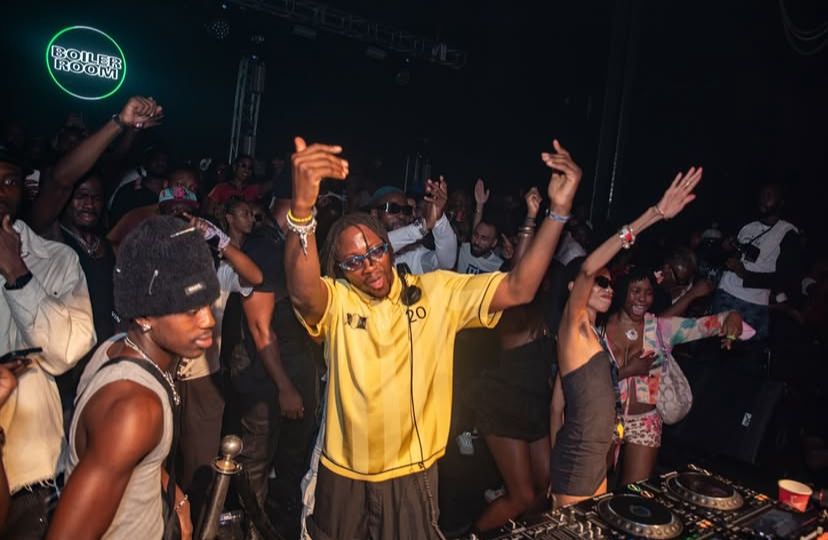
AUTHOR: ADEOLA LAWAL OF ZEAL NEWS AFRICA
Nigerian Rave Culture—A Scourge or a Safe Space?
The Nigerian alté community is known for many things — its outlandish fashion, edgy music, and bold creativity, to name a few. A lesser-known feature of this community is its raves.
Featuring bass-heavy electronic music, house music, and a highly charged atmosphere, rave parties have become a magnet for the cultural misfits that make up a large number of the youths in Nigeria. With an increasing need to escape the pressures of a stifling economic and sociopolitical system, marginalized youth show up to these parties in droves.
Although Nigeria is most known for its rich afrobeat music, the house music scene is quickly becoming a staple for Nigerian youth with a desire to mingle freely and unite in a love for music.
The rave scene first originated in the United Kingdom, where parties often popped up in sometimes unauthorized locations, often going on for a whole day, sometimes more. These parties were characterized by live performances by DJs, dancers, and performers, often featuring trance music, electronic dance music (EDM), and experimental hip-hop, to name a few.
Raving In Nigeria — Where It All Started
Raves in Nigeria started small, with tens of people gathering in a small space to enjoy good music and share community. Although they started as a sanctuary for queer people to party in a judgement-free zone, Nigerian rave culture has snowballed into something bigger than anyone could have predicted, with each party pulling hundreds of people, sometimes up to a thousand.
In recent years, the Nigerian rave community has started to gain fast popularity, with establishments like Group Therapy, Sweat It Out, Monochroma, and Element House solidifying their place in the Nigerian scene.
A wide and varied number of raves come to life every weekend in Lagos, Abuja, and Ibadan, with many others popping up during the week. The hype is not contained in Nigeria, with foreigners and individuals in the diaspora flying to Nigeria just to experience a rave in Nigeria.
Ibadan-based establishments like Red Light Boiler Room often put up large party buses to transport willing ravers from Lagos to Ibadan to partake in the raves. DJs like Aniko, Blak Dave, Yosa, Abiodun, and Yanfssss spearhead the movement, shuttling between cities and countries to collaborate with other DJs and establishments to create unforgettable musical experiences.
Raves are set aside from the typical Nigerian club scene for several reasons, including but not limited to a welcoming atmosphere, little to no expectation to spend, and a one-for-all attitude.
Most notably, however, are the relaxed outfits that have no place in the established Nigerian club scene, where women, especially, are held to rigid standards of dress and performance. The raves take the complete opposite approach, encouraging everyone to “come as you are” and have a good time, provided you respect everyone else.
Raves as a Third Space in Contemporary Nigeria
Unlike most other gatherings in Nigeria, raves are not established for the sole purpose of earning profit.
Raves are organized to encourage community building and sharing space. In a social climate that is becoming increasingly unsuitable for building real relationships and forging connections, raves are a widely accepted solution to the lack of third spaces. Many friendships and romantic partnerships have started at a rave party.
A typical rave in Lagos starts around 10 pm. When the first DJ starts playing their set, people start trickling in. By around 2 am, the venue is full of excitable people crowded in front of the DJ stand, dancing to the music, jumping, swaying, and even crying.
Although a few people leave before then, the music stops between 5 am and 6 am, which marks the end of the party. However, at that time, ravers tend to hang around and chat with friends, familiar faces, and even strangers, forming connections in a haze of shared euphoria.
Despite the growing popularity of the rave scene in Nigeria, a lot of new ravers are introduced to the community by word of mouth. Experienced ravers who have witnessed the healing power of unfiltered self-expression and joyous community often invite friends who are looking for a place to belong.
The rave community in Nigeria is built on mutual trust and a shared love for music. Organizers of Group Therapy tout a set of rules that encourage members to show love, respect for one another and report any d iscomfort or harassment.
Group Therapy House Rules from Instagram
Despite having a foundation rooted in love and respect, the Nigerian rave community faces its fair share of backlash from non-members.
Building on a history of distrust of individuals and movements that go against the grain, the larger Nigerian society often directs harsh comments and accusations at the raving community. From claims that raves are a front for large sex parties to others that call it an unacceptable social anomaly, the theories are wide and varied.
On occasion, conversations about ravers and rave culture have dominated platforms like X, with uninformed critics decrying the civil liberties that allow rave parties to pop up freely. On further probing, these criticisms fail to hold water, often poorly-disguised queerphobia masked as concern for the ravers.
These critics cite historically dangerous rhetoric that contributes to a culture of repression and abuse of marginalized folks, such as tagging the queer people who make up the bulk of rave parties as sexual deviants, or claiming that the organizers and DJs can only afford to host if they partake in illegal activities. Some go as far as inviting government agencies to shut down the parties and penalize the organizers and partygoers.
Sometime in April this year, a particularly opinionated critic took to Instagram with claims that a Group Therapy and Boiler Room collaboration rave party was only a sex orgy in disguise, and invited the police to investigate the event.
With this kind of harmful misinformation going around, many ravers were prepared to back out of attending the event out of fear that they would be arrested for no reason. However, Group Therapy promptly put out a statement that countered the misinformed critic by reinforcing its values of sharing love and music, and promising that the event would be as safe a space to exist in as it had always been.
Conclusion: Raving in Nigeria Is An Important Part Of The Queer Subculture
Despite all the challenges that threaten their community, the ravers continue to thrive. In a society that heavily emphasizes linear thinking and blind obedience, the community of ravers forges a new path rooted in authenticity and bold self-expression.
With limited opportunities for meaningful gathering, raves have become a safe space for marginalized Nigerian youth to create community, build friendships, and forge creative partnerships that could stand the test of time, only if they are given the chance to solidify.
Image from Instagram
AUTHOR: ADEOLA LAWAL OF ZEAL NEWS AFRICA
You may also like...
Diddy's Legal Troubles & Racketeering Trial

Music mogul Sean 'Diddy' Combs was acquitted of sex trafficking and racketeering charges but convicted on transportation...
Thomas Partey Faces Rape & Sexual Assault Charges

Former Arsenal midfielder Thomas Partey has been formally charged with multiple counts of rape and sexual assault by UK ...
Nigeria Universities Changes Admission Policies

JAMB has clarified its admission policies, rectifying a student's status, reiterating the necessity of its Central Admis...
Ghana's Economic Reforms & Gold Sector Initiatives

Ghana is undertaking a comprehensive economic overhaul with President John Dramani Mahama's 24-Hour Economy and Accelera...
WAFCON 2024 African Women's Football Tournament

The 2024 Women's Africa Cup of Nations opened with thrilling matches, seeing Nigeria's Super Falcons secure a dominant 3...
Emergence & Dynamics of Nigeria's ADC Coalition

A new opposition coalition, led by the African Democratic Congress (ADC), is emerging to challenge President Bola Ahmed ...
Demise of Olubadan of Ibadanland
Oba Owolabi Olakulehin, the 43rd Olubadan of Ibadanland, has died at 90, concluding a life of distinguished service in t...
Death of Nigerian Goalkeeping Legend Peter Rufai

Nigerian football mourns the death of legendary Super Eagles goalkeeper Peter Rufai, who passed away at 61. Known as 'Do...
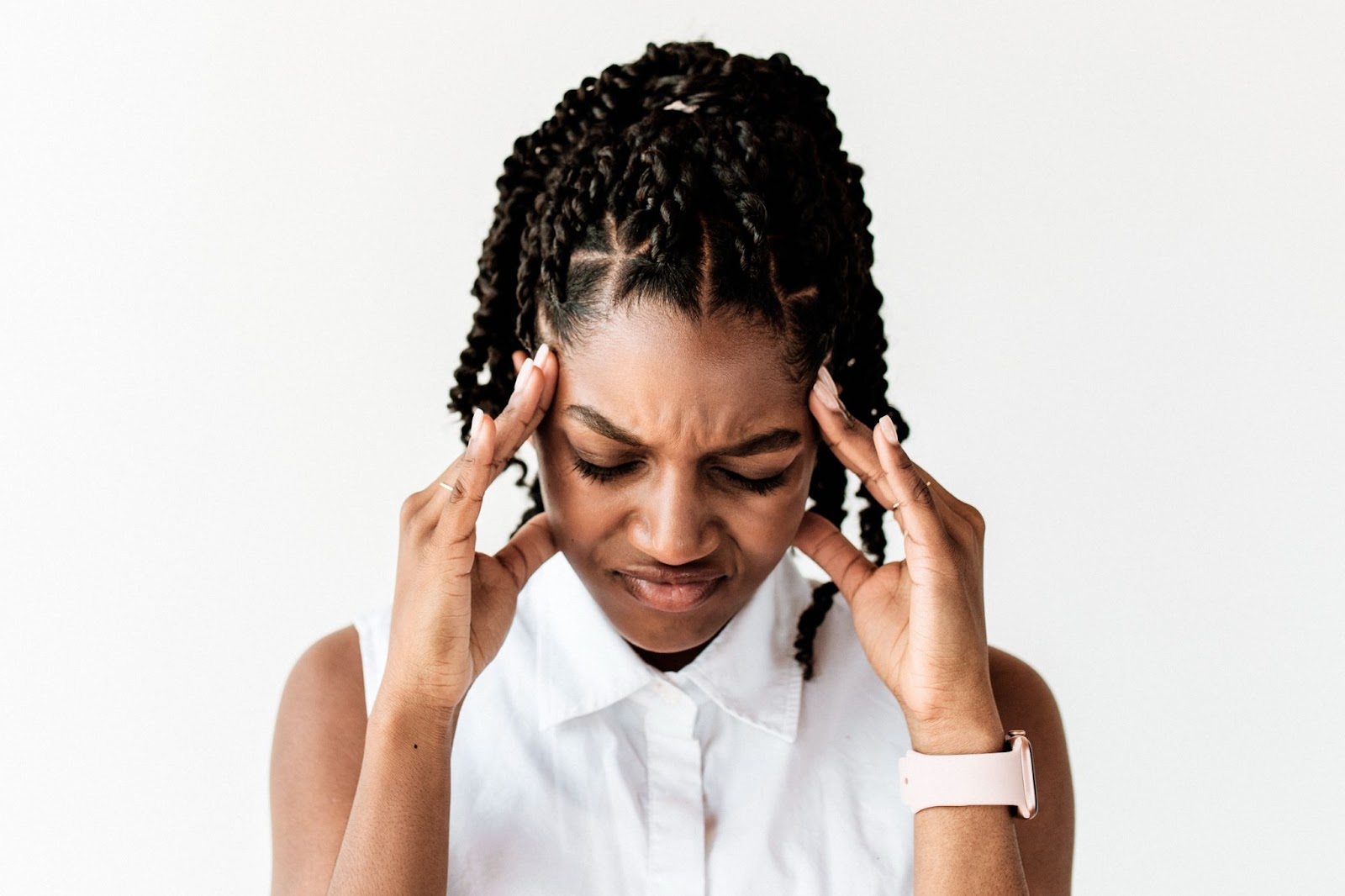
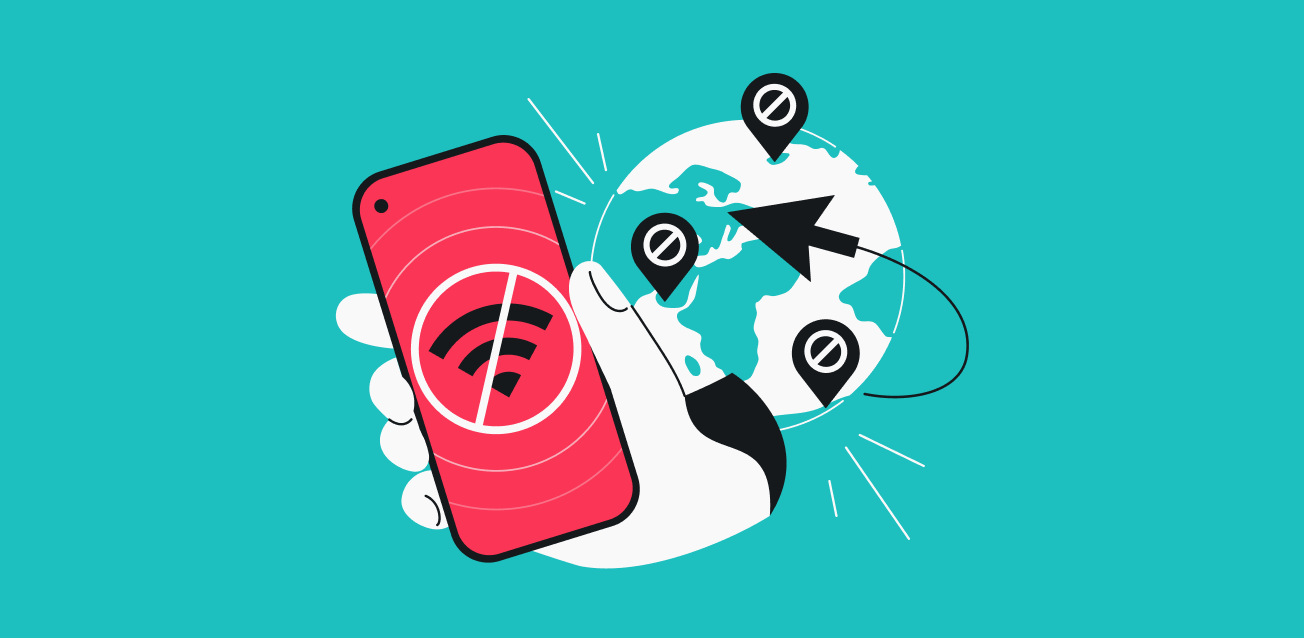
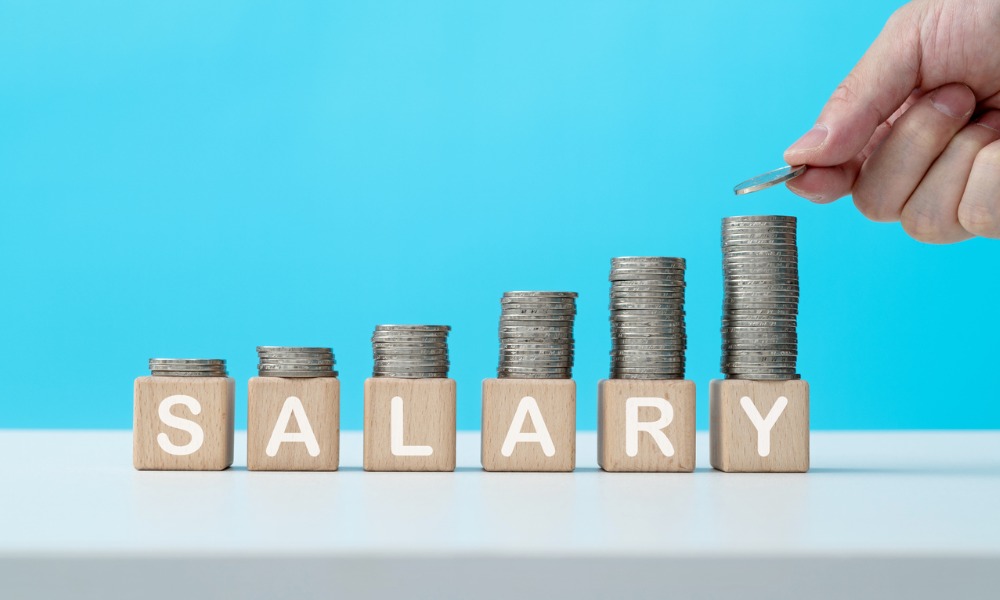

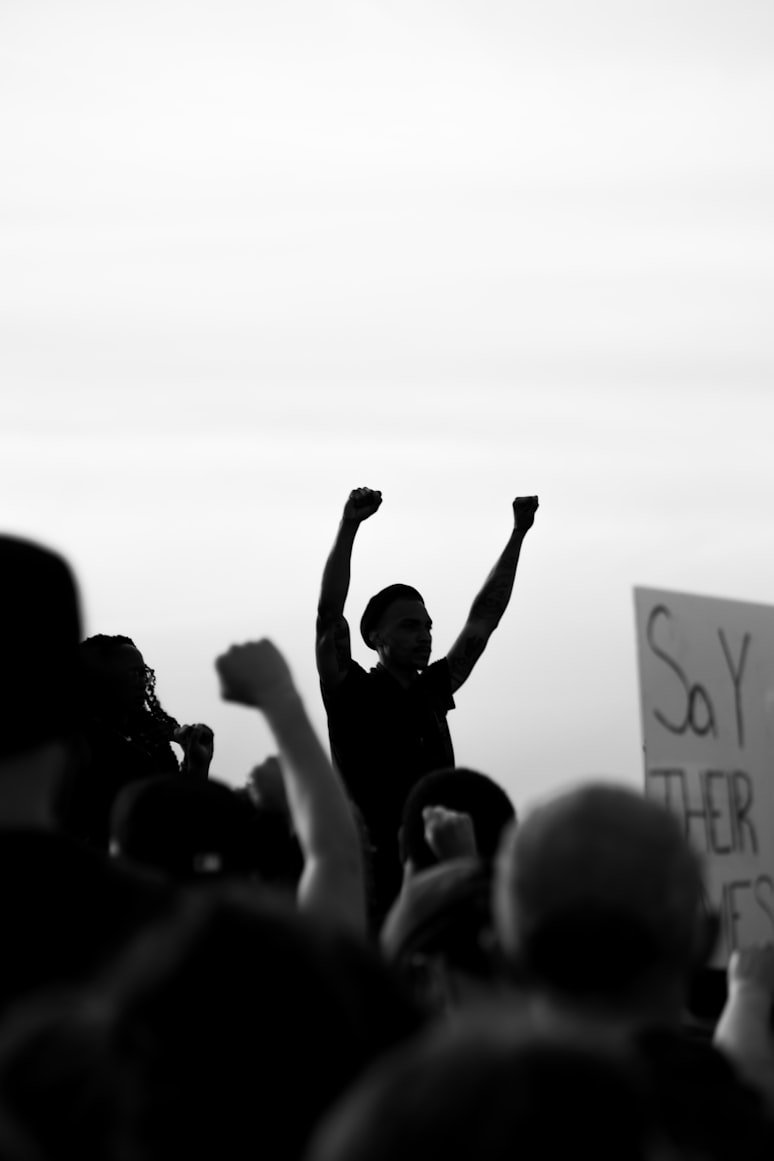
.jpg)